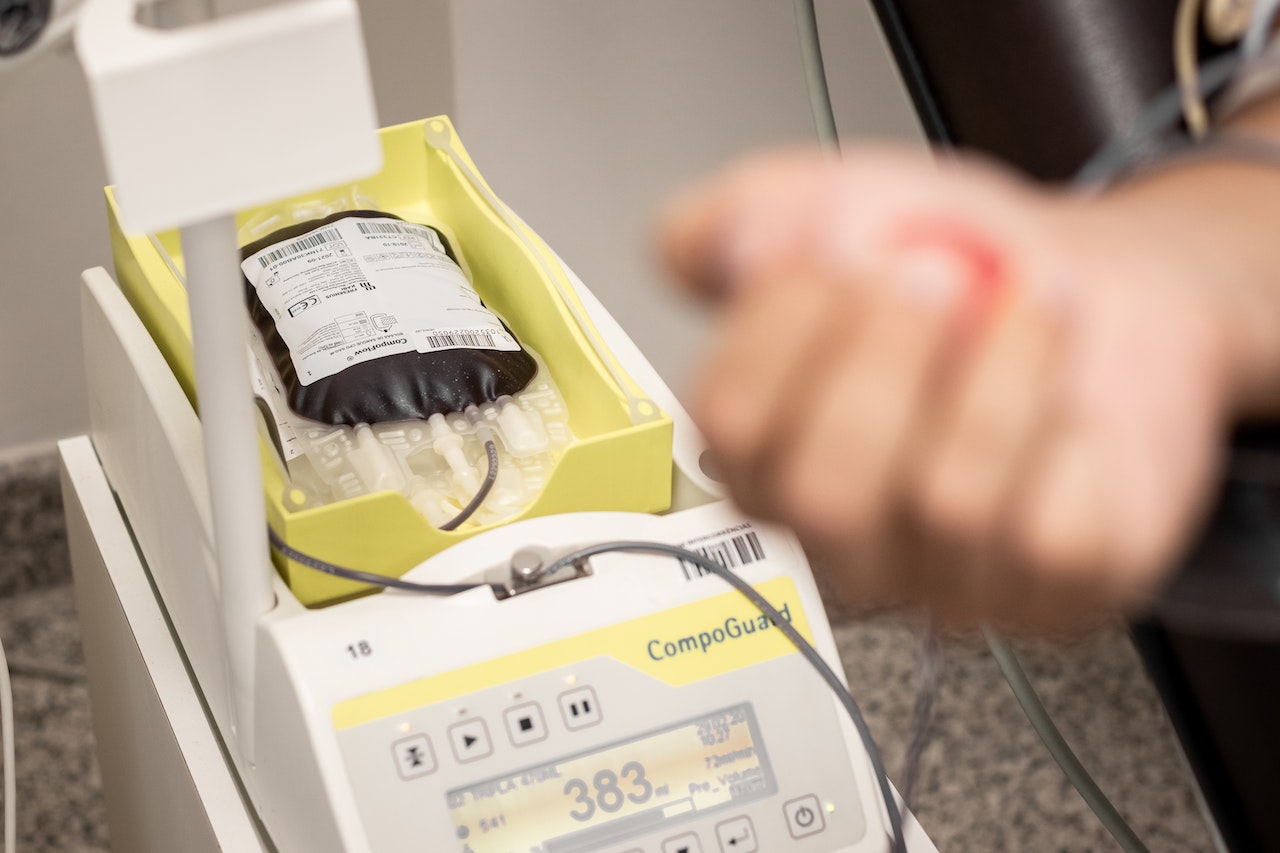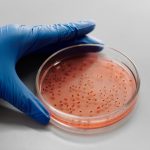Blood donation is the voluntary act of giving blood for medical purposes. Donated blood is used to treat a wide range of medical conditions, including surgery, trauma, cancer treatment, and various illnesses. Blood donations are a critical component of modern healthcare systems as they save millions of lives each year.
Here are some key points about blood donation:
- Types of Blood Donation: There are several types of blood donation:
- Whole Blood Donation: The most common type where a person donates a unit of whole blood, which is later separated into its different components (red blood cells, plasma, platelets) for individual patients.
- Platelet Donation: Platelets are a crucial component for blood clotting, and certain patients, such as those with cancer, may require platelet transfusions. Platelet donation involves collecting just the platelets while returning the rest of the blood to the donor.
- Plasma Donation: Plasma is the liquid part of blood that contains various proteins and can be used to treat patients with specific medical conditions. Plasma donation involves collecting plasma while returning the red blood cells and platelets to the donor.
- Importance of Blood Donation: Blood is always in demand, and regular blood donations are essential to ensure a sufficient and stable supply for patients in need. Accidents, surgeries, and medical treatments often require blood transfusions, and donating blood can make a significant difference in saving lives.
- Blood Donation Process: The process of donating blood is straightforward and typically involves the following steps:
- Registration and medical history review
- Mini-physical examination (checking vital signs like blood pressure, pulse, and hemoglobin level)
- The actual blood donation, which usually takes around 8-10 minutes for whole blood donation.
- After donation, donors are usually provided with refreshments and asked to rest for a short period.
- Eligibility: Not everyone is eligible to donate blood. Donors must meet specific criteria set by blood donation centers or organizations, which often include age, weight, health status, and other factors to ensure the safety of both donors and recipients.
- Frequency of Donation: The frequency of blood donation depends on the type of donation and the guidelines of the blood collection organization. Whole blood donors, for instance, may be able to donate every 8 weeks, while platelet and plasma donations may have different intervals.
- Benefits of Blood Donation: Aside from the satisfaction of helping others and potentially saving lives, blood donation can have some health benefits for the donors themselves. It may stimulate the production of new blood cells and improve cardiovascular health.
- Safety: Blood donation procedures are generally safe, as they follow strict protocols to prevent any risk of infection or adverse reactions. Donors should be honest about their medical history and any potential risk factors to ensure the safety of both donors and recipients.
- Donating Blood vs. Donating Organs: It is essential to distinguish between blood donation and organ donation. Blood donation is a relatively simple and common practice, while organ donation involves the transplantation of organs (such as the heart, kidneys, liver) from a deceased or living donor to a recipient with organ failure.
Blood donation is a noble act that makes a significant impact on the lives of those in need. If you are interested in donating blood, contact your local blood donation center or a reputable organization to find out more about the process and eligibility requirements.

Frequently Asked Questions (FAQ) about Blood Donation
1.Who can donate blood?
Eligibility criteria vary by country and blood collection organizations, but generally, donors must be at least 18 years old (in some regions, 16 with parental consent), meet specific weight requirements, and be in good health. Certain medical conditions, recent illnesses, and travel history may temporarily disqualify individuals from donating blood.
2.How often can I donate blood?
The frequency of blood donation depends on the type of donation and local guidelines. Whole blood donors can typically donate every 8 weeks, while platelet and plasma donors may have shorter intervals between donations.
3.Does donating blood hurt?
The donation process involves a needle prick, which may cause some discomfort for a brief moment. However, the pain is usually minimal and tolerable for most donors.
4.What happens during the blood donation process?
The blood donation process typically involves registration, a medical history review, a pre-donation mini-physical examination, the actual blood donation, and post-donation refreshments and rest. The whole process takes around 30 minutes to an hour.
5.Are there any risks associated with blood donation?
Blood donation is generally safe, but there can be mild side effects such as dizziness, bruising, or soreness at the needle site. Serious complications are rare and are usually associated with underlying health conditions or not following post-donation guidelines.
6.What types of blood donation are there?
There are three main types of blood donation: whole blood donation, platelet donation, and plasma donation. Each type serves different medical needs and conditions.
7.Can I donate blood if I have a tattoo or piercing?
In many cases, having a tattoo or piercing does not disqualify someone from donating blood, as long as the tattoo or piercing establishment is reputable and follows appropriate safety guidelines. However, some regions may have temporary deferral periods after getting a tattoo or piercing.
8.How long does the blood donation process take?
The time required for blood donation can vary depending on the type of donation. Whole blood donation typically takes about 8-10 minutes, while platelet and plasma donations may take longer, often up to an hour.
9.Can I donate blood while on medication?
It depends on the type of medication and the underlying medical condition. Some medications may temporarily defer individuals from donating blood, while others may not have any impact. Donors should disclose all medications they are taking during the screening process.
10.What happens to my blood after I donate?
After donation, the blood is carefully tested, processed, and separated into different components (red blood cells, plasma, platelets). Each component is then used to treat patients with specific medical conditions.
11.Is there a need for specific blood types more than others?
Yes, certain blood types may be in higher demand based on patient needs and emergencies. However, all blood types are essential, and regular donors of all types are crucial to maintaining an adequate blood supply.
12.Can I donate blood if I have traveled recently?
Recent travel to certain regions with a higher prevalence of certain diseases may temporarily defer individuals from donating blood. Travel histories are reviewed during the screening process to ensure the safety of the donation.
13.Can I donate blood if I have had COVID-19 or received a COVID-19 vaccine?
The eligibility criteria for blood donation regarding COVID-19 and vaccinations may vary depending on local guidelines and timing of infection or vaccination. Individuals who have had COVID-19 or received a COVID-19 vaccine should refer to the specific eligibility guidelines set by the blood collection organization.
Remember, blood donation is a voluntary and lifesaving act that can make a significant impact on the lives of those in need. If you have any concerns or questions about donating blood, it is best to consult with your local blood donation center or healthcare professional for personalized guidance.






